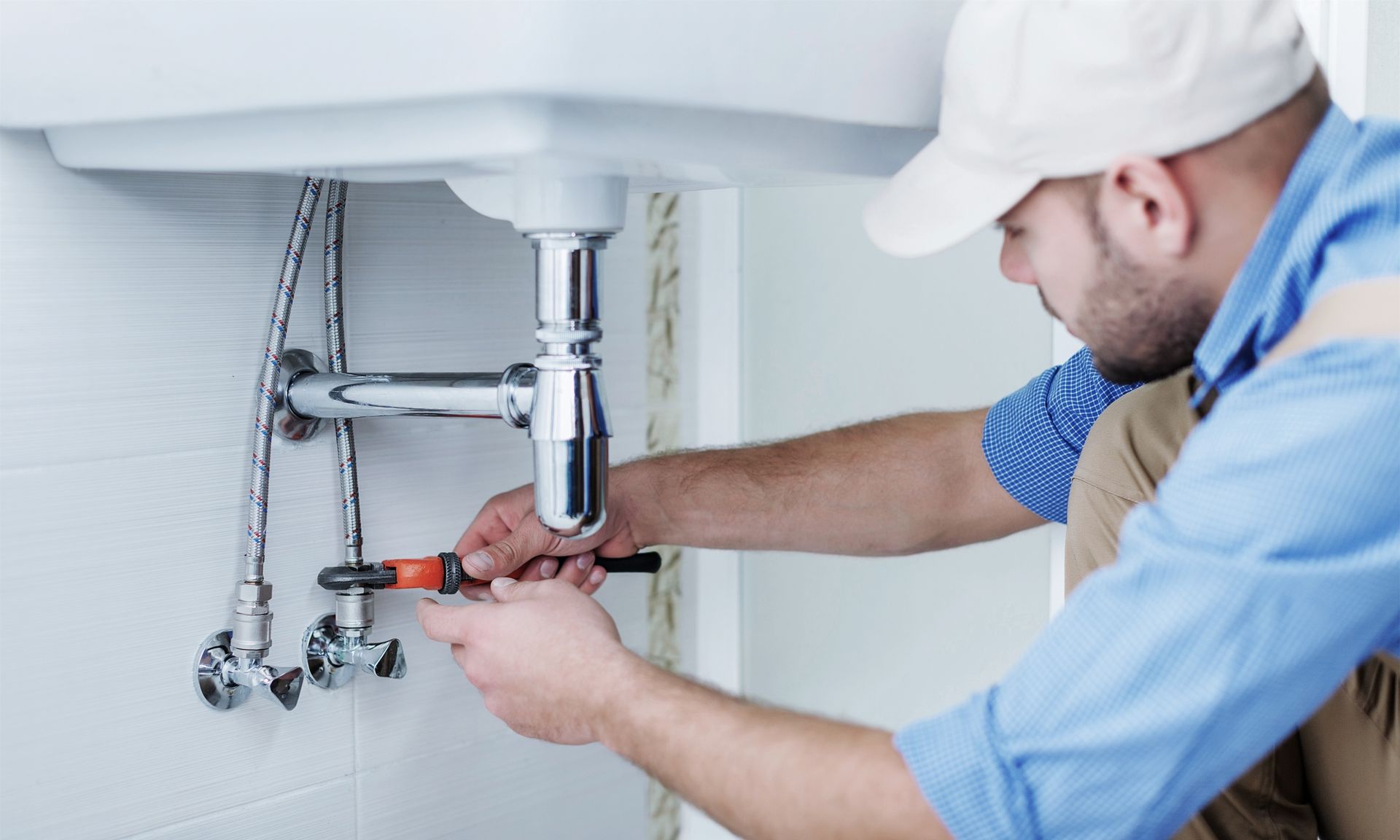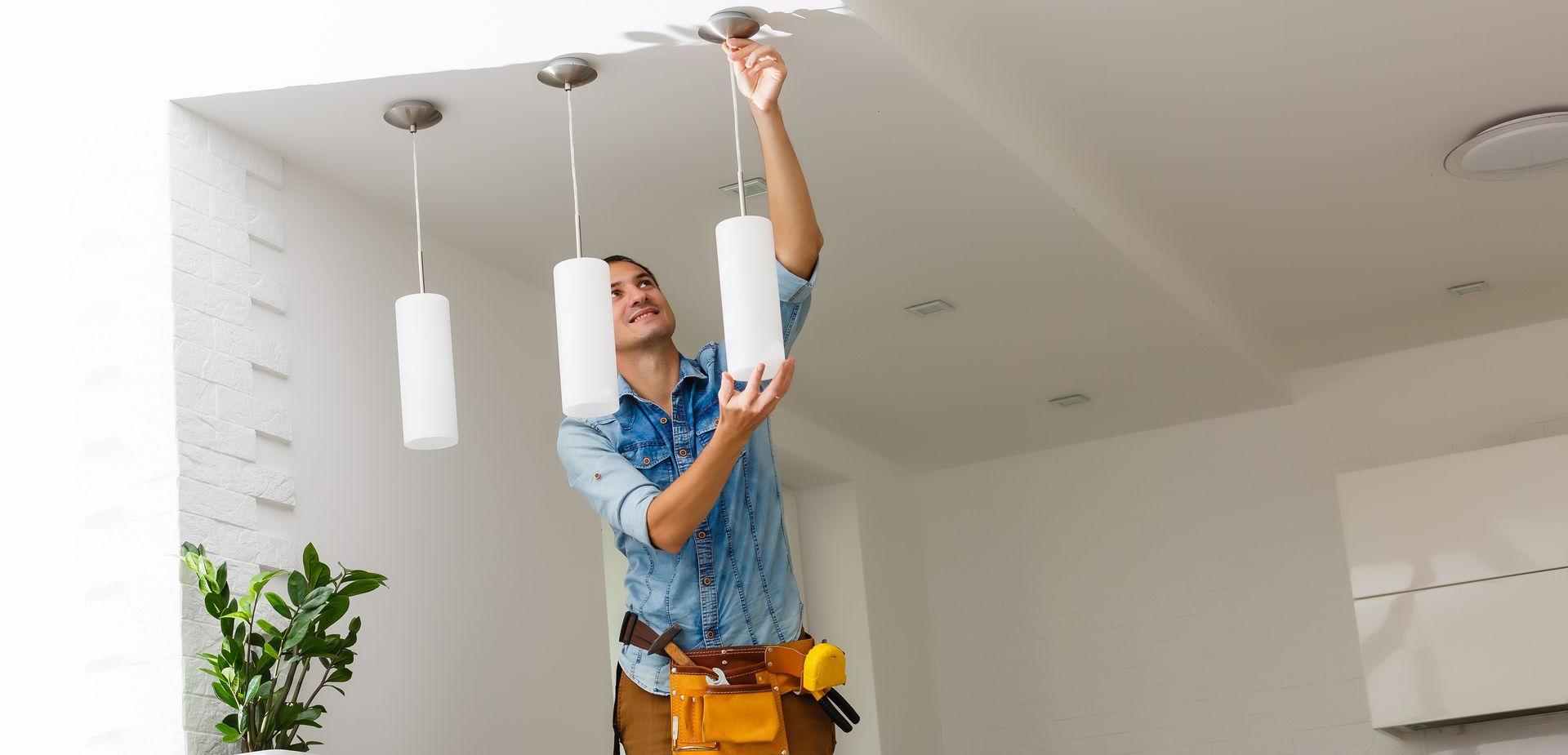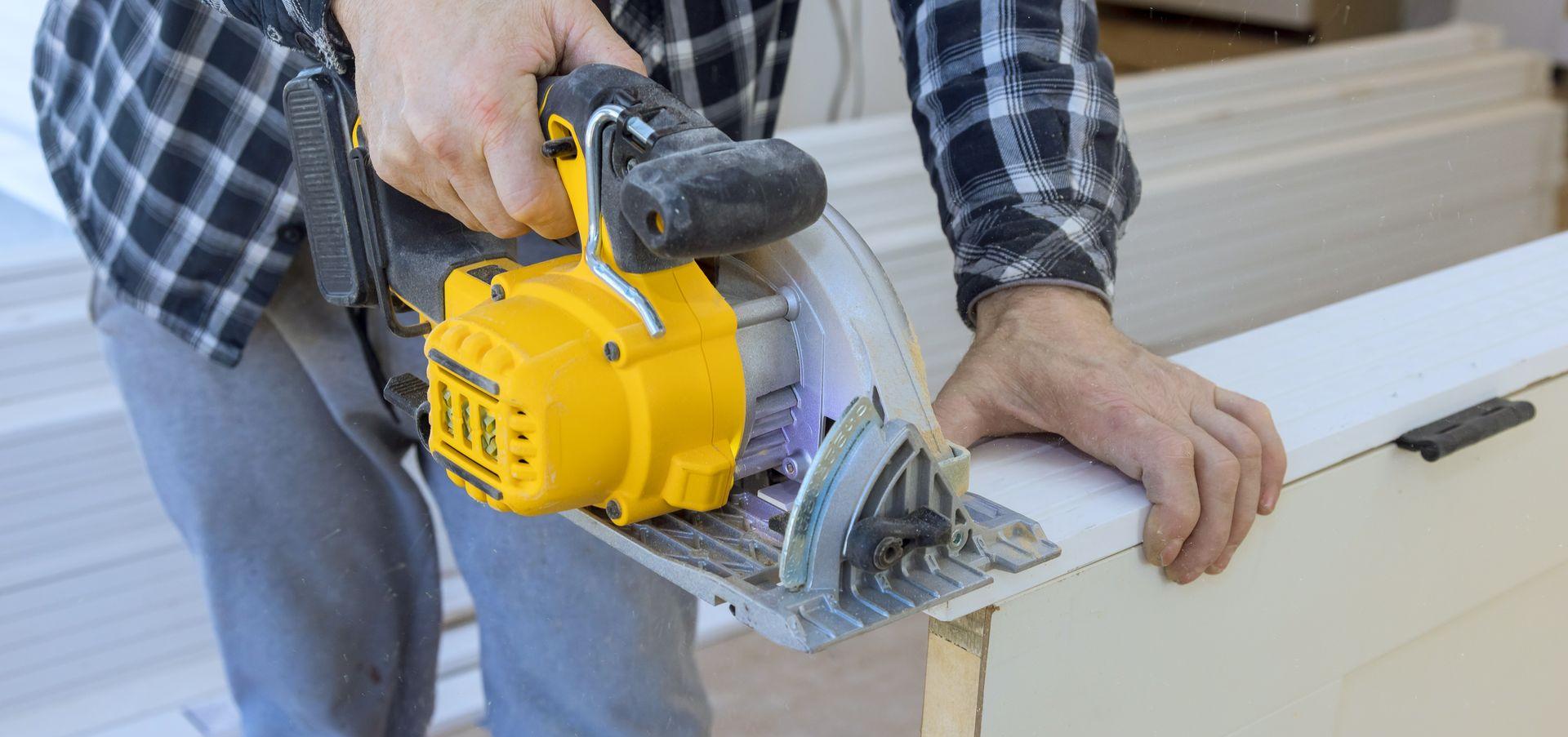We know from experience that there are contractors out there that seem to do it all. One person with a truck and maybe a trailer doing home renovation and construction work from demo to finishing. Many people out there have a ton of skill, no doubt about it. However there are some things that are just not allowed, and others that are just a bad idea.
One important thing that many people may not know, is that there are regulations in BC, the law, that limit who can do plumbing and electrical work in your home. Plumbing and electrical failures can cause significant harm to people and the environment, so it is no wonder that the goverment would want to regulate this work. Floods, sewer issues, and fires are also the most common insurance claims. Both the plumbing and electrical code create rules about who can perform this work. See exerpts from the relevant resources below.
PLUMBING
From the BC Plumbing Code 2018:
1.2.3. Installation
1.2.3.1. Personnel Performing Plumbing Work
1) Personnel performing the installation, extension, alteration, renewal or repair of a plumbing system shall
a) possess a Canadian tradesman’s qualification certification as a plumber,
b) be an indentured apprentice supervised by a journeyman who meets the criteria set out in Clause (a), or
c) be the registered owner and occupant or intended occupant of the single family dwelling in which plumbing work will occur.

ELECTRICAL
From the Safety Standards Act, Electrical Safety Regulation
Individuals who may perform electrical work
4 (1)Subject to subsection (2), an individual must not perform regulated work in respect of electrical equipment unless the individual
(a)holds an appropriate SkilledTradesBC certificate in respect of electrical work,
(b)has successfully completed training recognized by a provincial safety manager,
(c)is employed by an organization that utilizes training programs that are approved by a provincial safety manager and the individual
(i)has successfully completed the relevant training, and
(ii)does not perform regulated work for any person other than the individual's employer who provided the training,
(d)is a homeowner acting in accordance with section 17,
(e)is a manufacturer's technical representative,
(f)holds another certificate of qualification under the Gas Safety Regulation or the Power Engineers, Boiler, Pressure Vessel and Refrigeration Safety Regulation, or
(g)is permitted to do so under section 5 of the Safety Standards General Regulation.

CARPENTRY
Carpentry work is not yet a closed trade like electrical and plumbing. Buildings have to be built to the Building Code but you do not have to have your Carpentry ticket to build to that code. There is, however, a reason that our construction work is overseen by journeyman carpenters. It takes many many years in the field and in school to fully grasp the intricasies of the Building Code and to account for the nuances in our climate.
The Code encompasses strucuture, safety, accessability, energy efficiency and more. There are also separate sections for residential and commercial construction. There are sections in the code that say one thing but that is contradicted in another area of the Code. Those of us that play in the BC Building Code are grateful that the code is now online and searchable for our quick reference.
What we also know is that not all Carpenters have gone on the same path. A residential Carpenter can have a much wider range of skills if their training was with a smaller home builder versus a large track builder. A commercial carpenter has specialized knowledge in a different area of the Building Code often using different materials such as steel studs.

Did your renovation proposal include trade professionals doing the work in your home? Don't assume, ask for this in writing. Does the contractor have adequate liability insurance? WCB? If not, you need to consider your liability if something goes wrong. Talk to your insurance provider and ensure that you are covered during and after the renovations.